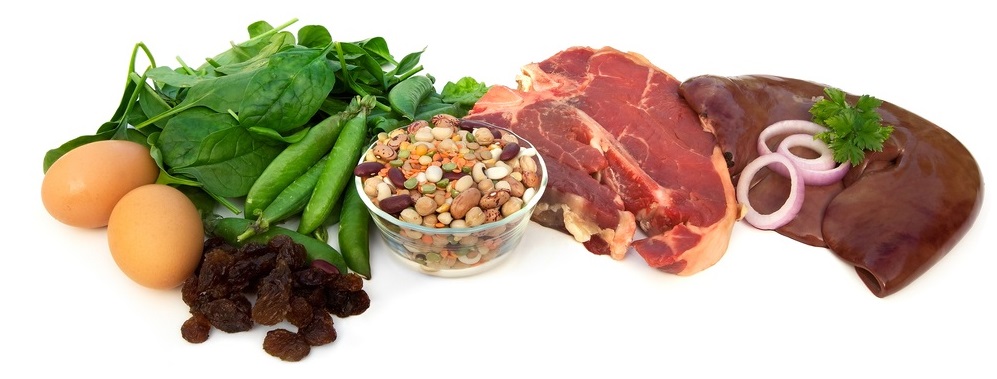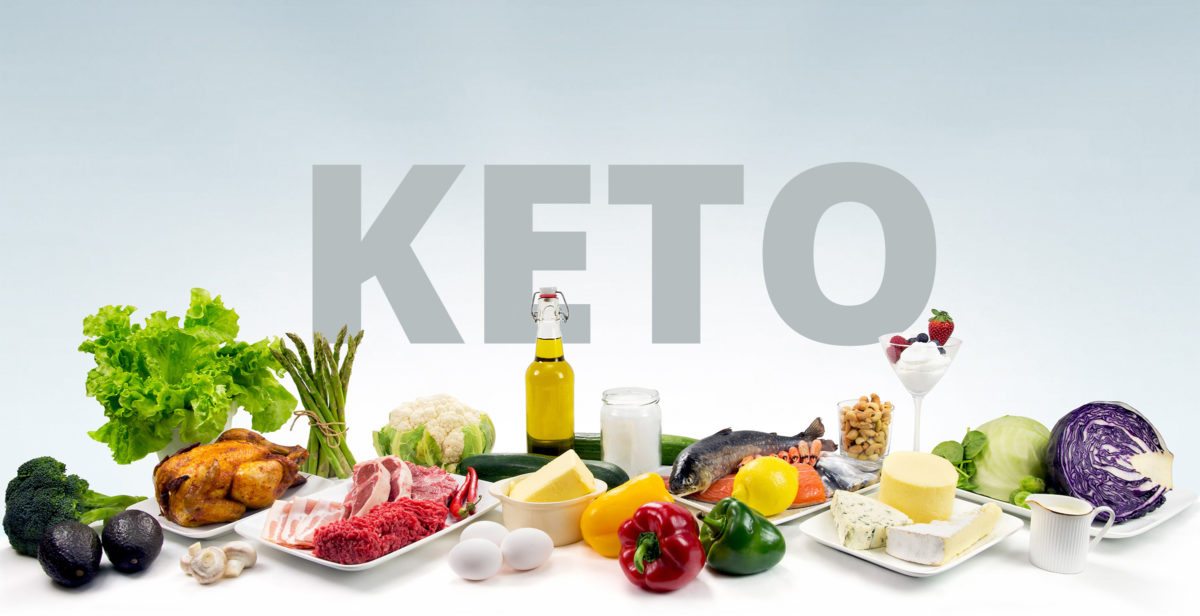If you have been following along in my past articles, you saw the evidence for whether or not a keto diet is beneficial for endurance athletes. However, I wanted to also share my thoughts and some research on the keto diet for my non-athlete readers. In this article I will discuss why keto may, or may not, be a good choice for you.
First off, I want to say that keto is likely not meant to be a life-time eating style.
Typically for weight loss, keto could be used for 2-4 months and then one could switch into a long term maintenance phase where you are including healthy carbohydrates.
Secondly there are some warnings that come with the keto diet. Our brains and hearts run exclusively on carbohydrates and when we severely restrict carbs, our body needs to switch to the use of ketones for fuel instead. There is a 3-4 day period of “brain fog” when you initially switch to a keto diet, where your ability to think is reduced. Not to mention food selection is quite limited and your social life may take a hit due to your restrictions. Plus, fair warning, your breath will smell bad too!
There are risks!
Very close monitoring is required for implementing a keto diet (especially to assess if keto would be a benefit to you). You also have to have a solid plan for transitioning into a regular diet, which should also be lead by a dietitian or qualified health care professional. The latter is quite important. This is because when you starve yourself of carbohydrates and then suddenly reintroduce a large load of carbohydrates, the body switches to an anabolic (or build up) mode and causes increased insulin, increased uptake of carbohydrates into the cells, increased utilization of those carbohydrates, all which increases the uptake and use of potassium, magnesium, phosphate, thiamine and increased sodium and water retention. The sudden changes in these electrolytes and vitamins can cause serious issues that can be as severe as a heart attack. AKA you can not have a cheat day in a keto diet and have yourself a big old piece of cake.

Keto & weight loss
Most of the research as a whole shows that you MAY lose more weight on a keto diet vs. regular diet. However, when studies include body composition analysis they show that on average keto leads to more overall weight loss, but the amount of fat lost is the same. This means that keto diets lead to more muscle mass loss compared to a traditional diet.
Therefore, you may see a better outcome when you step on the scale but it may have less desirable body composition changes.
The main reason for this finding is that you have to have a moderate protein intake while on a keto diet because protein can be used in a process called gluconeogenesis, where amino acids are (inefficiently) used to make glucose, thus keeping you out of ketosis, where as a traditional weight loss diet will be higher in protein to support the muscle mass retention. Other reasons could also include you can not have dairy, which has been shown to be an important food group to stimulate weight loss and muscle mass retention due to its leucine content.
It is also important to note that resistance exercise is a VERY powerful stimulus of muscle protein synthesis and muscle retention during weight loss, and regardless of diet should be included in your weight loss plan.
There may be benefits too
Keto may work for certain people. For instance, people who are on a keto diet often feel more satisfied with their diets. This is likely because higher fat foods are often pleasurable foods and provide flavour and mouth-feel to food (ie cheese, who doesn’t want to eat a brick of cheese every day!). Johnstone et al. (2008) conducted a study where participants were able to eat ad libitum (ie no restrictions or standards for caloric consumption) and participants were assigned to a keto group or a moderate carbohydrate group. They found that people on a keto diet felt less hungry, and lead to them eating less than compared to a moderate carbohydrate diet.
To my surprise, keto does seem to have a beneficial effect on decreasing blood glucose and HbA1c levels, decrease triglyceride levels, LDL cholesterol, and may increase HDL cholesterol levels. One thing I think is important to remember here is that in most cases, healthy dietary changes (ie more vegetables, fibre, less processed carbohydrates and sweets etc.), decreasing alcohol consumption, and increasing exercise can do the same for you, without doing something as intense or dramatic as a keto diet.
Take home:
My personal and professional opinion on this is that I would first have someone try a to make healthy diet changes which would include consuming good sources of carbohydrates such as beans, lentils and whole grains before trying a keto diet. Keto in my mind is a last ditch effort if no other dietary interventions have worked.
Summary:
- Keto diets can be somewhat dangerous and should be eased into and out of with the help of a qualified health care professional
- Keto diets sometimes result in more weight loss but fat loss is comparable to typical diet
- There must be a caloric restriction to create weight loss, no different than a regular diet
- Keto may help keep you full and more satisfied with the diet and may help you adhere to the diet plan
- Keto does seem to have beneficial therapeutic effects for type 2 diabetes, pre-diabetes and on blood lipid profiles (but so does healthy diet/exercise)
- Ultimately the diet needs to be something you can follow and stick to before transitioning to your maintenance phase, if that’s keto, great!
- Bottom line: Try traditional approaches first, if that is not successful, you could consider the keto diet for the short term and transition into a healthy diet intervention for maintenance
I hope you found this helpful, this is not a full list of keto uses and I did not list all the pros and cons for you, as I wanted to keep this conversation relatively short. If you have any further questions about dietary interventions for building a healthier you, please feel free to come in for a visit. To learn more about me, you can find my bio here.
Reference:
Johnstone AM, Horgan GW, Murison SD, Bremner DM, Lobley GE. 2008. Effects of a high-protein diet on hunger, appetite and weight loss in obese men feeding ad libitum. Am J Clin Nutr. 87, 44–55.

Comments are closed here.